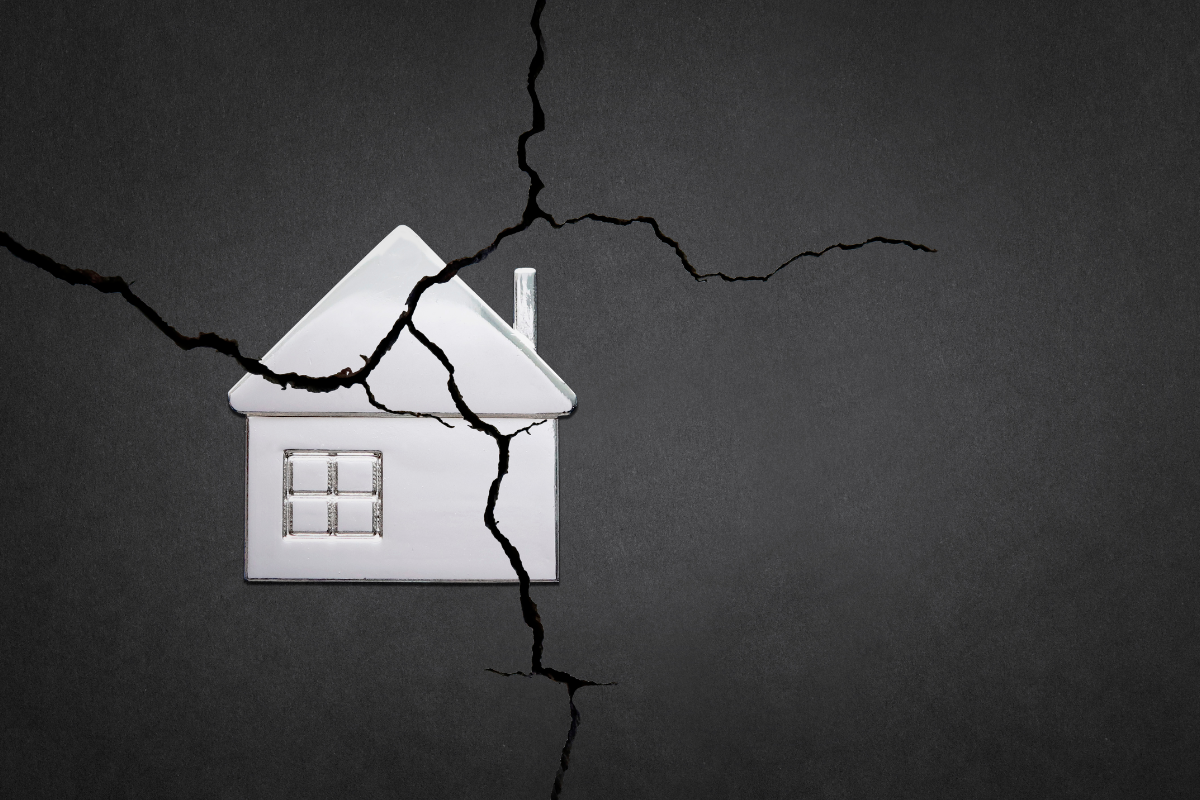
Understanding Independent Assessments
When disagreements arise over property condition, independent assessments can provide clarity. Professional surveyors or inventory specialists offer impartial reports on damage, wear and tear, and necessary repairs. In early winter, with damp and frost affecting homes, an unbiased evaluation is especially useful in distinguishing genuine damage from seasonal wear.
Clarifying Repair Standards
Landlords and tenants often disagree on what constitutes acceptable maintenance. Knowing the standard required for repairs—whether dictated by tenancy agreements or legal obligations—helps both parties set realistic expectations. From heating systems to insulation issues, establishing clear benchmarks prevents minor disputes from becoming costly arguments.
Negotiating Costs Effectively
Once the problem is identified, negotiating repair costs is the next step. Tenants may offer to contribute to minor fixes, while landlords can provide quotes or receipts to justify deductions. Open, transparent discussions about shared responsibilities often lead to faster, fairer resolutions than formal legal action.
Following Legal Procedures
If disputes cannot be settled informally, following the correct legal process is essential. Tenants can refer to tenancy deposit schemes for dispute resolution, while landlords may consider formal letters, mediation, or, as a last resort, court action. Acting early in November ensures that any winter-related complications such as heating failures or storm damage are addressed promptly, avoiding prolonged disruption.
Tips for Smoother Resolutions
- Document everything: Keep photographs, receipts, and correspondence to support claims.
- Communicate clearly: Address issues quickly and politely to prevent misunderstandings.
- Seek advice early: Independent surveyors or legal experts can prevent costly mistakes.
- Be proactive: Seasonal checks before winter can reduce disputes and protect deposits.
Resolve property disputes with confidence – speak to us today
